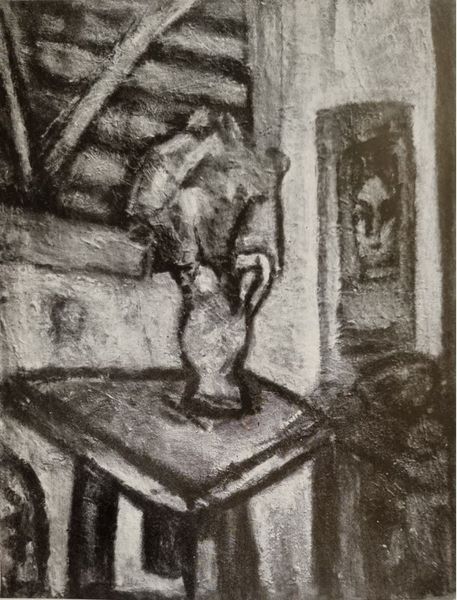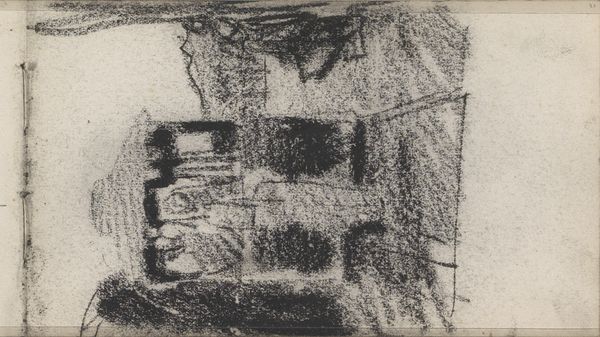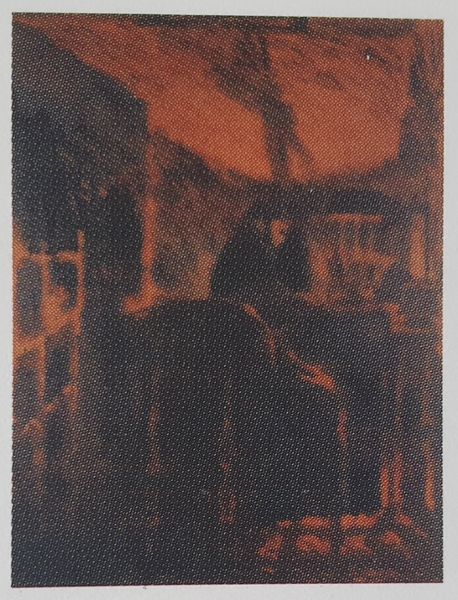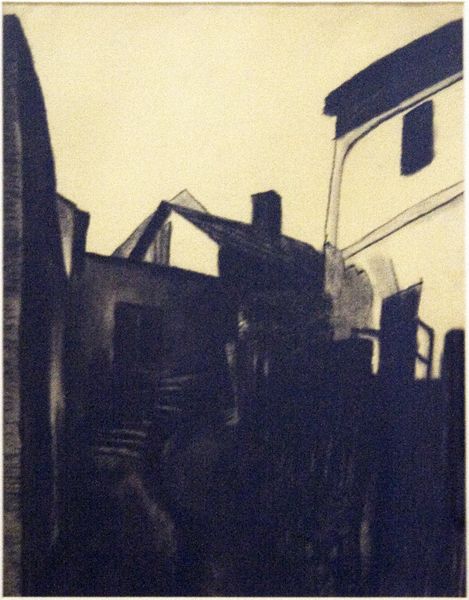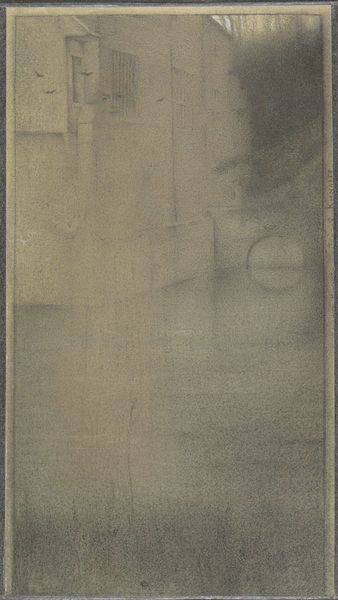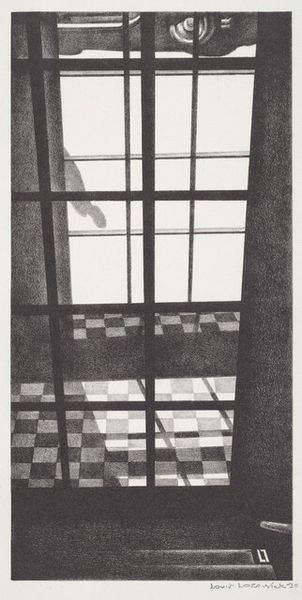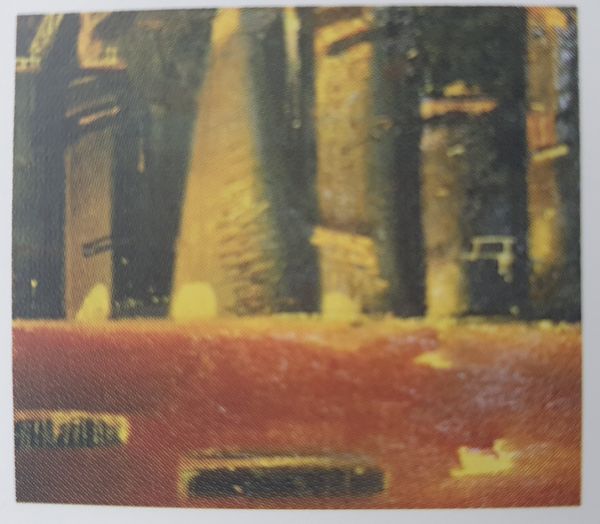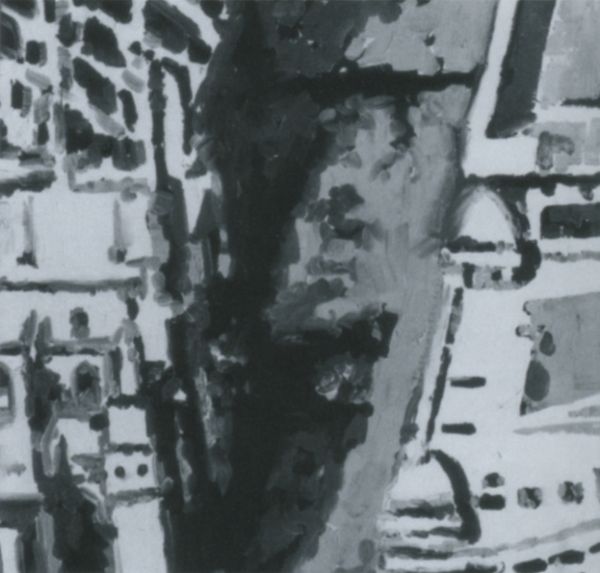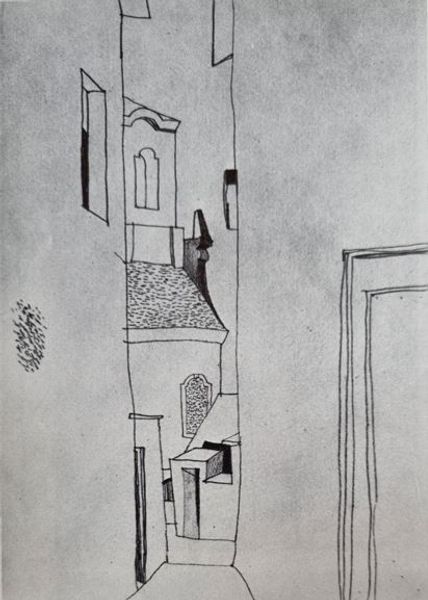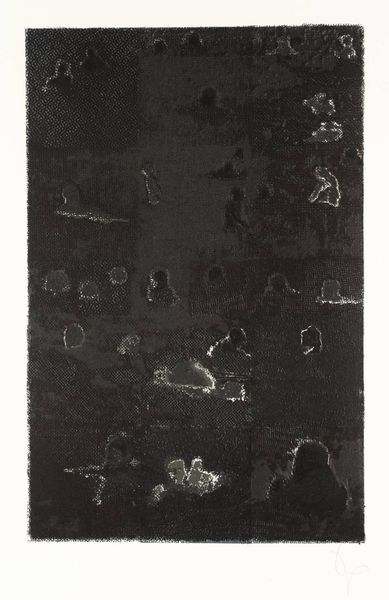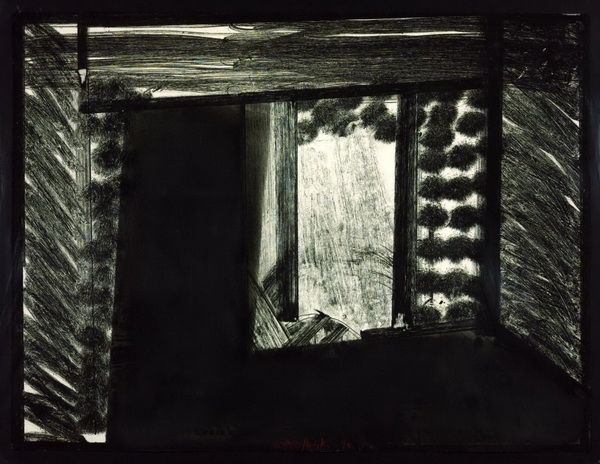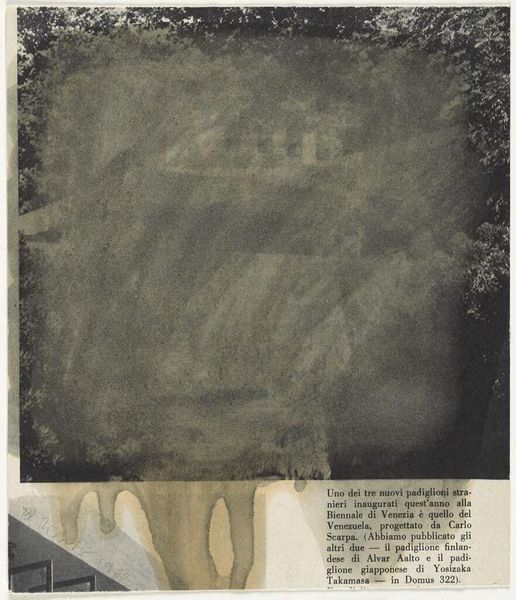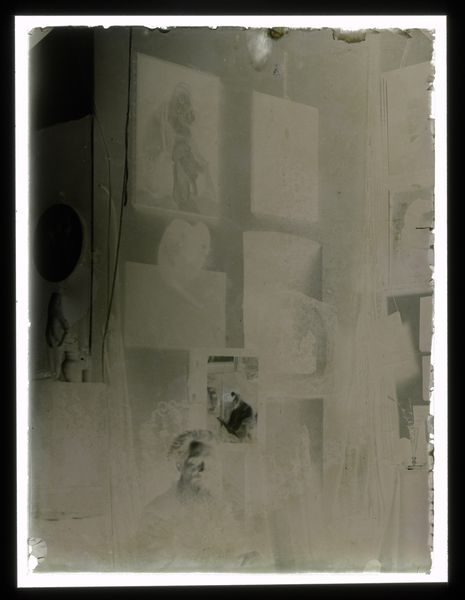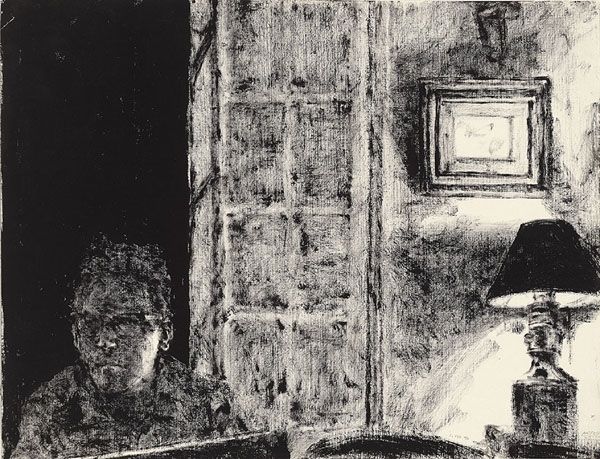
drawing, graphite, charcoal
#
pencil drawn
#
drawing
#
pencil sketch
#
charcoal drawing
#
pencil drawing
#
expressionism
#
graphite
#
cityscape
#
charcoal
#
charcoal
Copyright: Public domain
Editor: So, this is "Houses in the Night 1928" by Vajda Lajos, done with graphite and charcoal. It feels incredibly haunted, like a memory fading at the edges. What draws your eye in this piece? Curator: It evokes a cultural memory steeped in both the personal and collective unconscious. Night, in symbolic terms, is more than just darkness; it's a realm of hidden knowledge and repressed emotions. Notice how the houses, though inanimate, possess a sentience, their forms almost anthropomorphic. They become silent witnesses, guardians of untold stories. Does the shadowy atmosphere also remind you of similar imagery, say in early photography? Editor: Yes! Now that you mention it, there is definitely that vintage quality in how he renders shadow and light... But why houses specifically? Curator: Houses are potent symbols, representing shelter, the self, and family. In Vajda’s work, they often take on a fragmented, almost dreamlike quality, which could represent a fractured identity or the instability of the era. Consider too that this was drawn during a time of great social and political upheaval in Europe; what stories might these houses be harboring? Editor: It’s interesting how ordinary forms can carry so much weight. This is so much more than a simple cityscape. Curator: Indeed. Lajos’s work reminds us that images are never neutral; they're encoded with layers of cultural, psychological, and historical significance. By exploring these layers, we can start to understand the deeper narratives embedded within the art. Editor: This definitely gave me a new appreciation for symbolism, looking at how commonplace settings can mirror broader, far-reaching anxieties. Curator: Precisely. I'm glad we could unravel this symbolic thread.
Comments
No comments
Be the first to comment and join the conversation on the ultimate creative platform.
